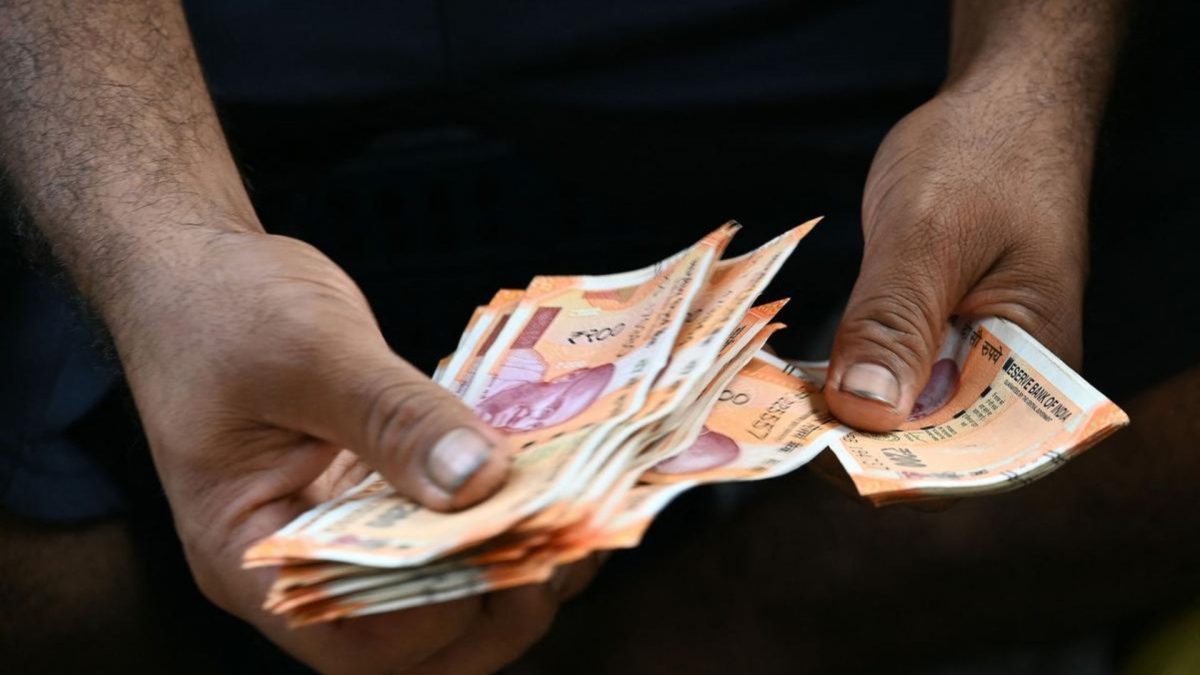The allegations of the discovery of unaccounted cash at Delhi High Court judge Justice Yashwant Varma’s residence have been in the headlines lately.
Varma, who has called the incident a ‘conspiracy,’ has been derostered by the Delhi High Court.
The story might have led you to wonder – how much cash can I legally keep at home?
What do we know? And what does the IT Act say?
Let’s take a closer look:
What do we know?
According to Financial Express, there is no bar on the amount of money one can keep at their home.
This is as long as you can show it is generated from a legitimate source and have declared it in your Income Tax return.
As per News18, if you are unable to prove the money is clean, you can face severe penalties.
In fact, not only will the IT officials confiscate the money, but they can also fine you up to 137 per cent of the amount.
According to Republic TV, experts advise keeping proper documentation – including receipts, withdrawal slips and transaction records on hand – as well as avoiding making transactions in cash .
What about deposits?
As per News18, no person can take more than Rs 20,000 in cash when it comes to a loan or deposit.
This is also true with regard to transfers of immovable property.
If depositing or withdrawing over Rs 50,000 in your account, you must provide your PAN number.
If a person deposits Rs 20 lakh in cash in a single year, he or she must provide both PAN and Aadhaar.
A purchase or sale of assets for cash over Rs 30 lakh can also attract attention of the authorities.
If a credit card holder spends over 1 lakh rupees at a time on a credit or debit card, the person can be investigated.
What do experts say?
CA Naveen Wadhwa, Vice President, Taxmann, told Financial Express, “The Income Tax Act does not specify the permissible amount of cash an individual can retain at home. Individuals can possess a reasonable amount of cash derived from legitimate sources duly documented in their financial records. It is noteworthy that the Income Tax Act contains explicit provisions addressing unexplained income, outlined in Sections 68 to 69B. Should an individual possess a substantial sum of cash, tax authorities may initiate an inquiry into the source of the funds, necessitating a comprehensive explanation from the individual.”
“Failure to furnish a satisfactory explanation about the nature and source of such funds may render the money taxable as unexplained income. In such instances, the unexplained income may attract a tax at the rate of 78 per cent, coupled with a penalty,” Wadhwa added.
Balwant Jain, a tax and investment expert, told Financial Express, “If you are running a business, the same should match with the cash book maintained. Even non-business people need to explain the source of such cash. It may be cash withdrawn from the bank or cash receipts from other sources, including gifts received by you. In case you claim that the cash represents gift or property transaction, please note that tax laws have restrictions on accepting more than Rs 2 lakh for each transaction of gift or property, failing which a penalty of an equal amount can be levied by the Income Tax Department.”
With inputs from agencies
)